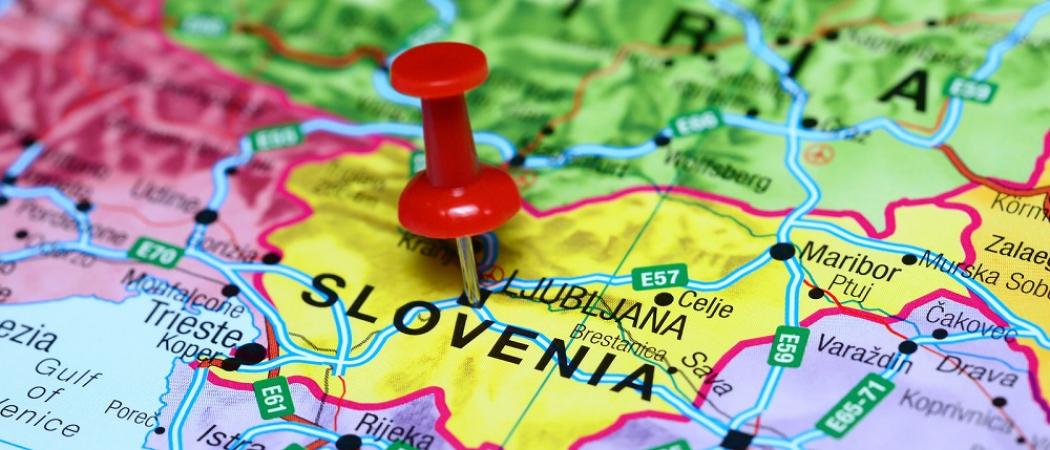After ‘thoughtful’ initial response, science funders worry about longer term impact of mobility restrictions on international cooperation

Photo: Bigstock
Science funders were quick to adapt to the impact of the pandemic but some are beginning to worry about the long term effects of mobility restrictions on international research cooperation.
In Slovenia, the National Research Agency has taken a “thoughtful approach” to research in times of pandemic, acting director József Györkös told Science|Business.
The scientific council of the agency had quickly decide how to maintain ongoing research, whilst reacting to the crisis by funding new projects on pandemics. “It really needs to be a very wise approach, which is addressing not just COVID-19, but future pandemics as well. That is the direction where we are going,” Györkös said.
The agency invited all research groups it funds to adapt or redirect proposals submitted at the most recent call, where that was appropriate and possible, to COVID-19 related issues.
About 30 per cent of research group leads responded to the survey sent out by the agency. A few said ongoing projects could be repurposed to address the pandemic directly. Other scientists are switching the focus of their research to address the social and economic effects of the crisis.
The government has also changed research funding laws to allow proposals to be evaluated later than foreseen by funding calls, given lockdown measures made it difficult to organise review panels. “Research programmes that should have been evaluated this year will be postponed,” said Györkös.
Deadlines have been extended for research projects that depend on fieldwork. Researchers in need of an extension can simply pause their project and pick up again after social distancing rules are relaxed.
The emergency measures forced a lot of labs in Slovenia halted their operations. Some are now reopening after a first couple of weeks during which they weighed the risks of the pandemic on research projects. “Research is now mostly enabled in big facilities, with all precautions,” said Györkös.
Research institutes were able to quickly set up a teleworking infrastructure for two thirds of researchers funded by the national agency who cannot travel due to restrictions and now are working from home. “One third of researchers really need access to facilities,” Györkös said.
The future of R&D budgets
Slovenia’s R&D budget dropped significantly in the aftermath of the 2008 financial crisis and had only started recovering from 2016. Györkös hopes the country can maintain the growth of R&D budget even if the pandemic results in a significant economic slowdown. “From the information we have now, the [research] budget is not significantly endangered,” he said. “I see from preliminary budget negotiations it was recognised that science needs proper attention.”
In a survey by the OECD on how governments around the globe adjust research and innovation policies to the panedmic, the European Commission said it expects public and private R&D investments in the EU to drop by €3.9 billion, accounting for 1.3 per cent of the total spending foreseen for 2020.
International cooperation
According to the OECD survey, the pandemic will also slow down non-COVID-19 clinical trials, reduce the number of scientific conferences and limit the mobility of researchers in the EU. The commission says reduced mobility will have a lasting impact on European science and innovation which is “largely based on such mobility.”
The commission said international research cooperation in research could also slow down given China, the US and Germany are home to companies that are the world’s largest investors in research outside their headquarters. “The impact of the outbreak on global innovation networks is very strong, with particularly hard impact expected on the activities of large R&D investors and on the work in related R&D labs,” the commission said in the OECD survey
Some of the third countries most affected by the pandemic are among the most active in the Horizon 2020 programme. The commission estimates the four most affected countries represent 15 per cent of ongoing third-country participations in the programme.
While it is far from being a big R&D player, Slovenia is making moves to strengthen research cooperation within Europe. The national agency is partnering with other funding agencies in Europe to help researchers form consortia and apply for cross-border funding, a practice which could also be extended to research related to COVID-19. The cooperation agreement will enable national funders to open their calls to researchers from other countries.





 A unique international forum for public research organisations and companies to connect their external engagement with strategic interests around their R&D system.
A unique international forum for public research organisations and companies to connect their external engagement with strategic interests around their R&D system.